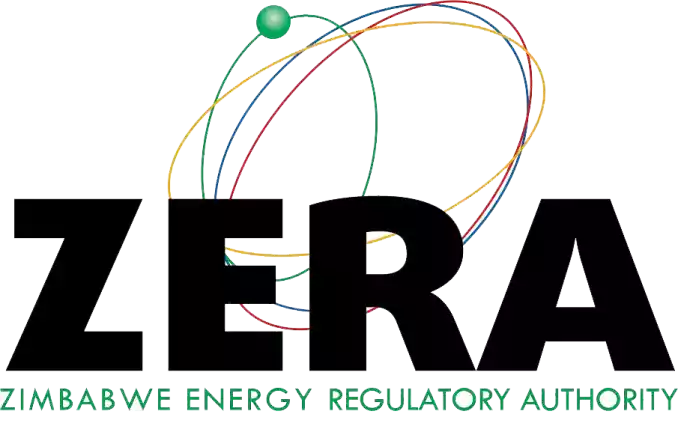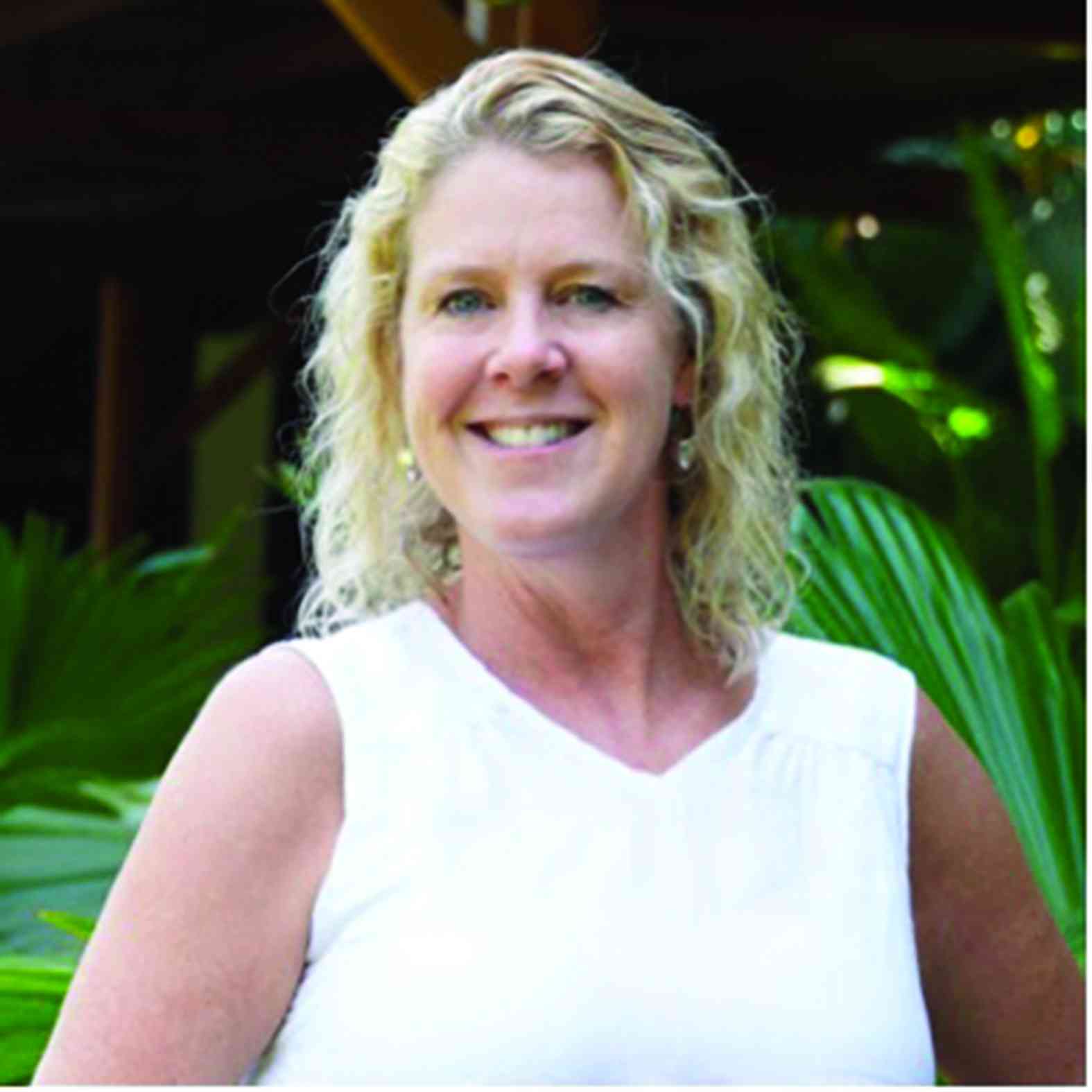
THE Zimbabwe Energy Regulatory Authority (Zera) has blamed substandard retailed solar panel products and installations as the chief causes of electrical faults resulting in deaths from infernos.
At least 27 deaths have been reported in more than 200 notifications made concerning electrical accidents this year.
About 45 deaths from electrical incidents were recorded last year.
The statistics were revealed during the Zera engagement with stakeholders in Bulawayo last week, where views on the draft of the introduced Energy Solar Products and Installation Regulations Act (Espira) were gathered, to bring sanity within the solar sector.
In an interview, Zera senior engineer Man’arai Ndovorwi said about three to four lives were lost in a month due to fake solar products and bad installations.
“We lose about three to four people every month due to bad installations, and we have heard a lot of complaints coming from the market in terms of people being sold fake products, as well as poor quality of products,” Ndovorwi said.
“We are gathered today to solicit public views pertaining to the draft of Espira, mainly focusing on the solar products that we are finding on the market; the installations and the people that are doing the installations of these solar systems.”
Ndovorwi said all solar products imported into the country should conform to local standards, which are regulated by the Standards Association of Zimbabwe.
- Low tariffs weigh down ZETDC
- Zesa doubles power charges
- ZERA announces another fuel price increase
- ZERA announces another fuel price increase
Keep Reading
“For those that will be involved in terms of putting up solar systems, they should at least have undergone some training in terms of how these systems are supposed to be designed and how they are supposed to be installed, and also, the safety mechanisms that are supposed to be put in place to ensure that we do have safe installations,” Ndovorwi said, warning citizens to be careful when setting up solar-powered fowl runs at their premises while at the same connected to the national grid.
“You find that most people have put up solar systems at their premises, where they also have Zesa installations already in place. If the workmanship has not been done properly, this actually results in electrocutions happening.
“So it’s a combination of both having electricity, as well as the solar installations that we are getting. Fowl runs have also been noted to be a major contributor towards electrical accidents.
“We are doing a lot of chicken rearing at our premises and some of us tend to extend our electricity connections to the fowl runs. If that workmanship is not done properly, as many think they can do it on their own, we actually end up having people being electrocuted inside the fowl runs.”
Bulawayo and Matabeleland region electrical inspector Thubelihle Ndlovu said as a way of reducing the number of accidents, a new mandatory breaker has been introduced for every household.
“We have this new regulation that we are trying to introduce as a way of trying to reduce the number of accidents happening. We have now decided to introduce a mandatory breaker that should be installed by all households to make sure that in the event of any fault, it is going to pick even the minimum fault and isolate the circuit, making everyone safe,” Ndlovu said.
“For most of the people who have been electrocuted in houses and homes, their breakers are not able to pick the fault. The system does not trip until the person dies, but with these new ones that are now being introduced, it’s going to pick even the minimum fault that will be there.”










